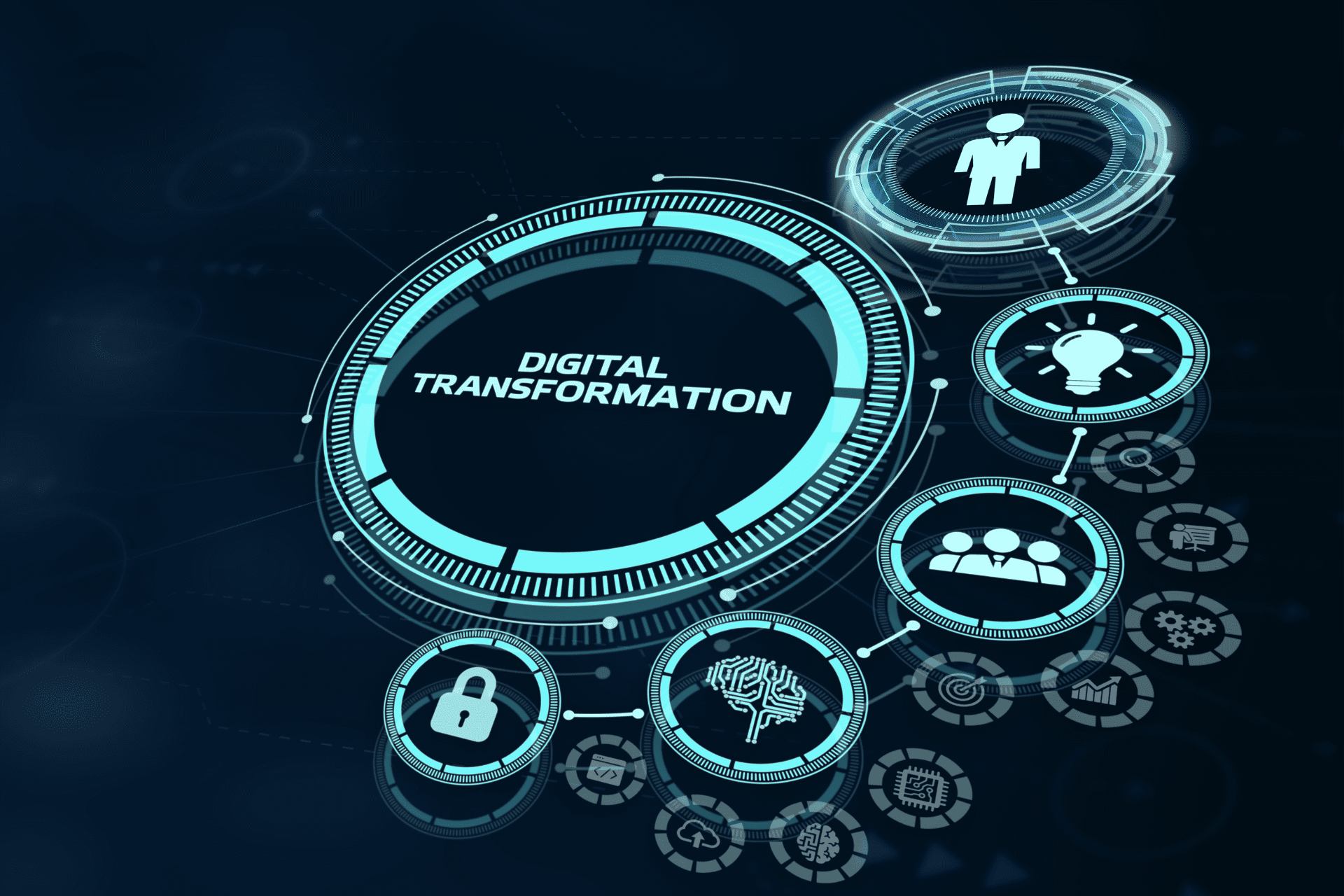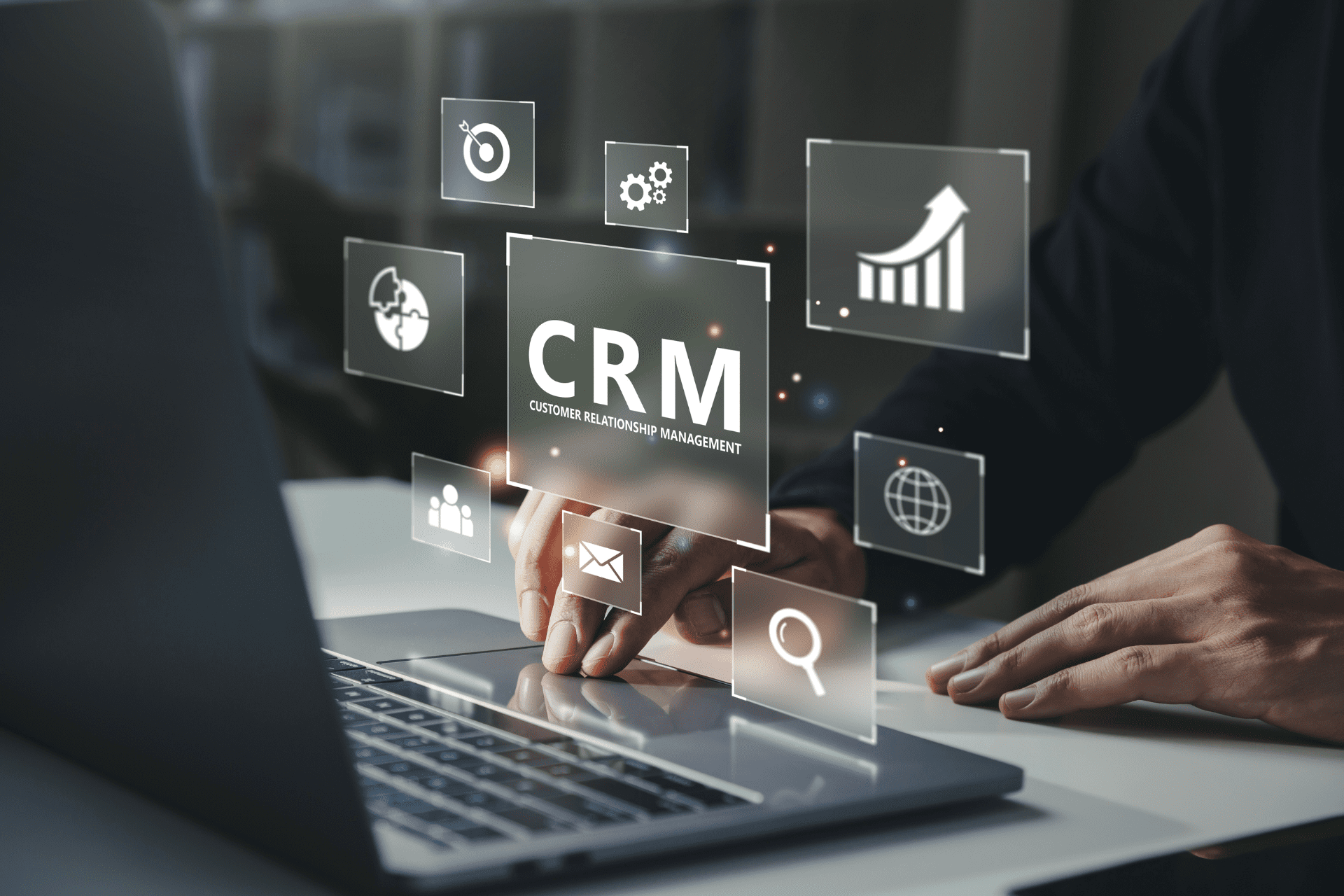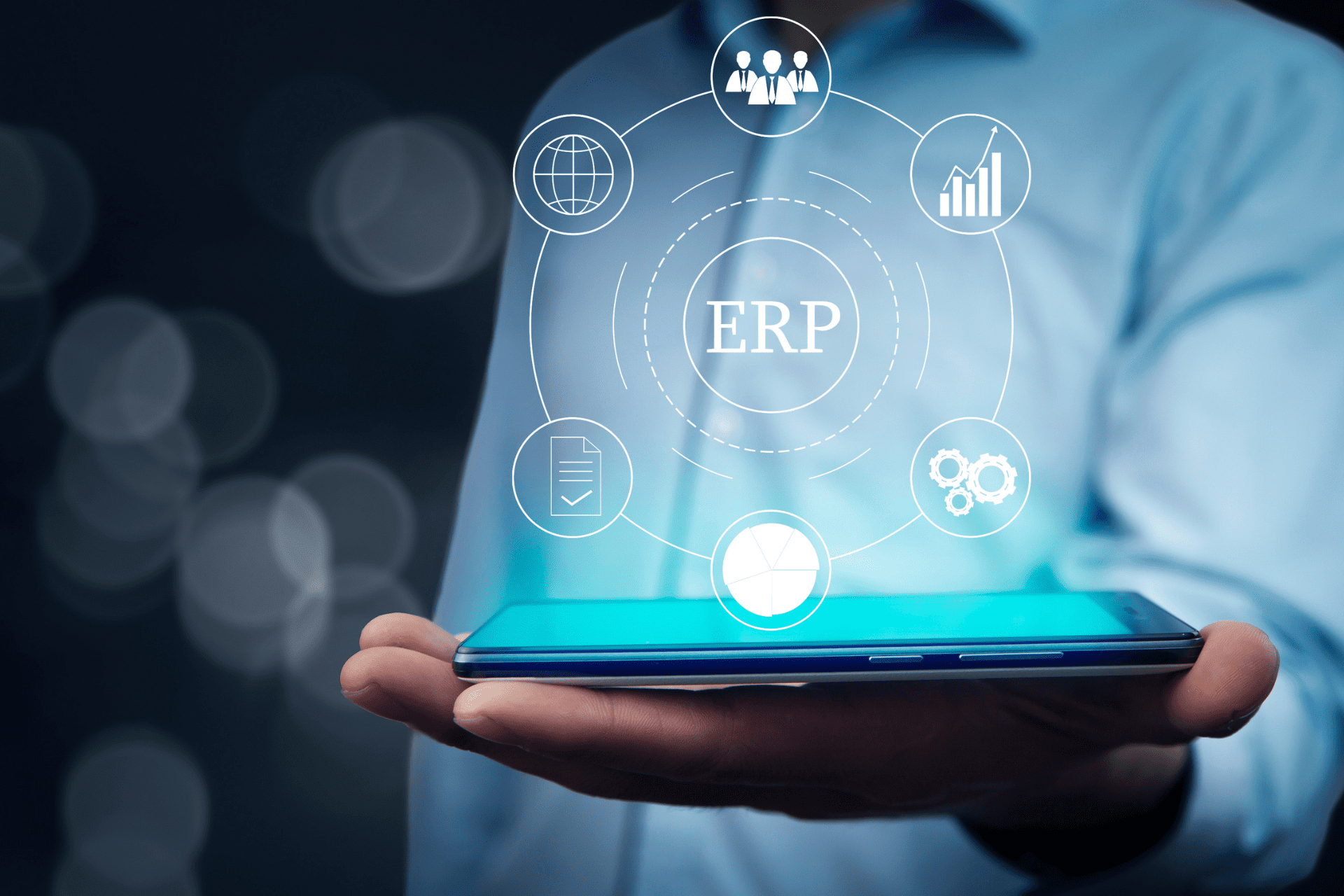Share
Read also

Trends & Views
Digital transformation strategies

Business Software
CRM 2025 market: Response to increasing customer demands

Business Software
Understanding the ERP lifecycle management

Mobility
How is EM shaping the way SMBs operate?
It is now obvious that ERP is not a contemporary trend. Thanks to its core benefits, it has earned the trust of the entire business world, attracting business of all sizes and from all industries. But, what is ERP after all, and why do businesses need it? In a few words, it is an advanced system that integrates all business departments, providing seamless communication among employees and precise information. When a problem comes up, the ERP system automatically identifies it so that all necessary problem-solving functions can be activated. This system is the “brains” of the business as it continuously records data, generating detailed reports and improving decision-making processes.
ERP technology allows businesses to operate to the full extent of their abilities, as it executes multiple operations and provides highly precise information. Especially in the constructions industry, ERP systems are crucial, as businesses rely on them in order to have a complete and updated view of their inventory, among other tasks and advantages. As a result, they can improve their effectiveness hassle-free, since the complex ERP solutions are ultimately designed to boost productivity.
Obviously, the main goal of each and every business is to sell more products or/and services, and this can only be achieved when such products or/and services meet the customers’ needs. When a customer is satisfied with the provided services, it is much more likely that he will remain loyal to the business and introduce it to others. ERP technology can facilitate this process with streamlined communication features that minimize errors in all production and sales stages, ensuring top-quality customer service. Additionally, an ERP system will create an individual profile for each customer, taking note of their requirements, thus providing enhanced customer experience.
ERP is a multi-tasking system and, as such, it enables managers to create strategic plans in order to develop their business. It saves time and money, by making business infrastructure even more cohesive which means improved efficiency, communication, as well as spending less time on processing tasks and data analysis. ERP controls and analyses results on an on-going basis, so that decision-makers can immediately understand if a strategy is working or not.
Another crucial parameter for modern businesses is that of compliance, due to the great number of rules and regulations they need to adhere to. ERP provides the solution in this case as well, as it automatically responds to compliance requirements, enabling managers and employees to focus on what is really important for their business: development and profitability.
In short… “It’s ERP. It’s easy!” ERP technology simplifies business management, since its applications are part of the same integrated system. Having all business data under the same “roof”, increases effectiveness and precision, with positive and measurable results.






